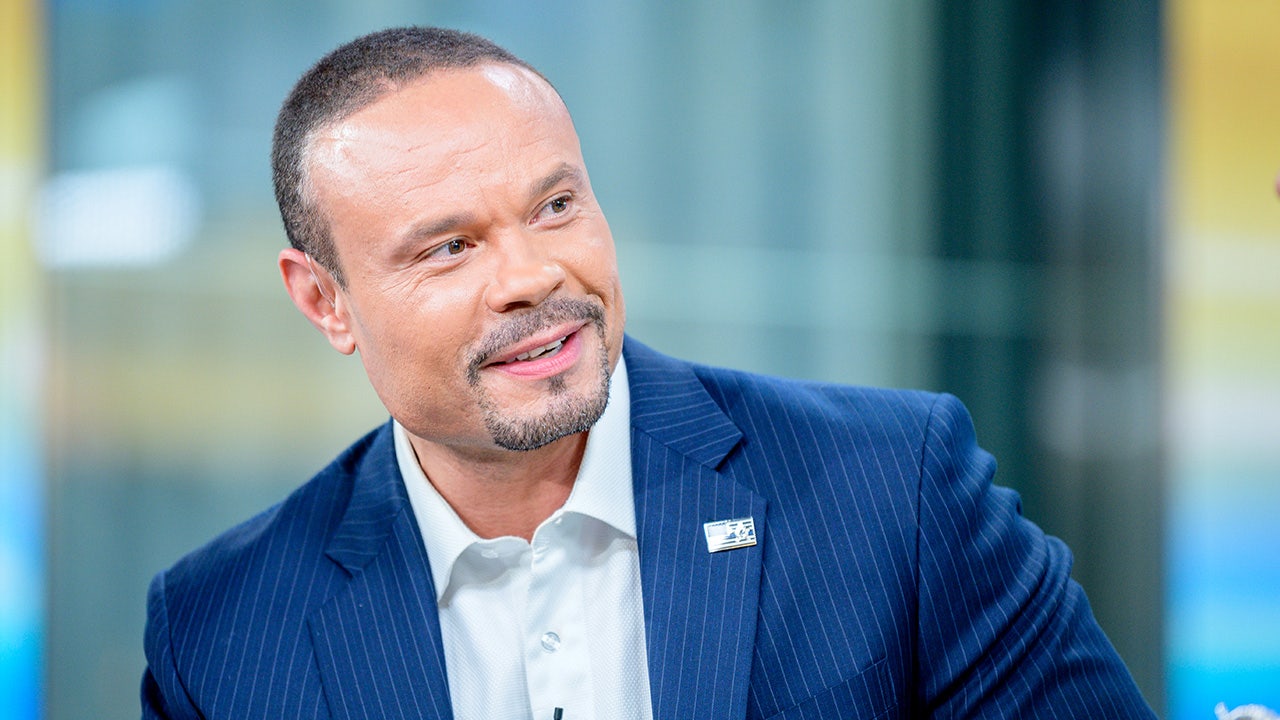Posted on Monday, January 20, 2025
|
by Andrew Shirley
|
1 Comments
|
While President Donald Trump’s nominees to lead high-profile agencies like the FBI and Department of Health and Human Services have received plenty of media attention, his choice of Jared Isaacman to head up NASA – and get the United States back to the Moon – might be Trump’s most intriguing pick of all.
“Jared will drive NASA’s mission of discovery and inspiration, paving the way for groundbreaking achievements in Space science, technology, and exploration,” Trump wrote on his Truth Social platform in announcing the pick. “Jared’s passion for Space, astronaut experience, and dedication to pushing the boundaries of exploration, unlocking the mysteries of the universe, and advancing the new Space economy make him ideally suited to lead NASA into a bold new Era.”
Just as Trump is an unconventional politician who took a unique path to the White House, Isaacman doesn’t fit the mold of a typical NASA Administrator.
Isaacman’s life story and achievements are better suited for a documentary film, but the summary details alone are jaw-dropping. At age 15, he started his own company building websites for local businesses. A year later, he dropped out of high school, and soon thereafter began an online payment processing service. In 2009, at age 26, he was a successful entrepreneur and had picked up a new skill: flying jets. That year he shattered the record for the fastest flight around the world, beating the previous time by 21 hours.
As if that wasn’t enough, Isaacman soon notched another incredibly rare achievement: getting certified by the FAA to fly fighter jets. He then spun that into another new business venture, Draken International. Draken acquired more than 100 ex-military fighter jets (forming the largest private air force in the world), flown by retired fighter pilots and skilled civilians. Draken then contracted with the Air Force to help train new pilots by flying war games against them.
While starting up and growing this remarkable enterprise, Isaacman was still running his payment processing company. Starting in 2014, he went on a spending spree buying up competitors. In 2017 he purchased Shift4 Payments, taking that company’s name and high-profile customers that included Caesar’s Palace and the PGA Tour. In total, after the purchase, Shift4 was processing more than $100 billion in payments per year, taking a small fraction of each.
Despite being hit hard by the COVID-19 pandemic, Isaacman led Shift4 through a successful IPO, and the company has continued to grow. His estimated net worth is now approaching $2 billion.
But flying fighter jets and making a billion dollars still wasn’t enough for Isaacman. In 2021, he became one of four civilians aboard SpaceX’s Inspiration4 flight, and last year he conducted the first-ever commercial space walk, again launching into orbit on a SpaceX rocket.
At just 41 years old, Isaacman is now a high school dropout self-made billionaire with hundreds of hours in the cockpit of a fighter jet and two trips to space on his resume.
Unsurprisingly given his dizzying list of accomplishments and awesome intellect, Trump’s choice of Isaacman has earned bipartisan praise. George Whitesides, a Democrat U.S. House member from California who served as chief of staff at NASA under Barack Obama, told Science that Isaacman will be “excellent.” Former Obama Deputy NASA Administrator Lori Garver also applauded the selection, saying Isaacman will bring a “much-needed fresh perspective,” and is “likely to pursue a transformative agenda for NASA.”
“The status quo human spaceflight programs with cost overruns and schedule slips have been considered ‘acceptable’ for far too long,” Garver added.
At the very least, Isaacman promises to deliver a long-overdue jolt of energy into an American space program that has been plagued by cost overruns and missed deadlines even as private competitors like SpaceX and Amazon founder Jeff Bezos’s Blue Origin thrive.
The most glaring symbol of NASA’s failures in recent years has been the Artemis Program, which was supposed to return American astronauts to the moon by 2024. As of last December, that mission has now been postponed until April 2026.
There may be more than just American prestige at stake for getting the Artemis program back on track. According to The New York Times, China plans to send a manned mission to the Moon by 2030 – potentially touching off a race to claim territory on the lunar surface. Within this context, Isaacman’s confirmation and ability to revitalize NASA may have urgent national security implications.
Last week, outgoing Biden NASA Administrator Bill Nelson implored Isaacman to continue Artemis while acknowledging that the “architecture” of the program is in need of serious reform in order to succeed.
That reform could come in part from contracting out more to private companies like SpaceX, which has been on the cutting edge of rocket technology for years. Isaacman has closely collaborated with SpaceX founder Elon Musk before, and such a partnership could prove productive in advancing America’s interests in space.
By all accounts, Isaacman appears to be the right man for the right moment. The one consistent theme that has defined Donald Trump’s nominees to lead federal agencies is a determined willingness to challenge the status quo of government bureaucracies and demand more efficiency and productivity. If Isaacman can restore fiscal responsibility and efficient leadership to NASA, he will pave the way for the United States to not only return to the Moon but also expand its reach to Mars and beyond.
Andrew Shirley is a veteran speechwriter and AMAC Newsline columnist. His commentary can be found on X at @AA_Shirley.
Read the full article here










